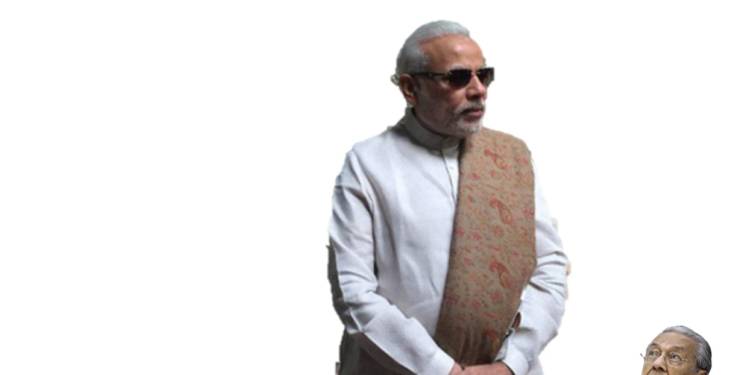Newton’s third law of motion states that every action has an equal and opposite reaction and Malaysian Prime Minister Mahathir Mohamad, thanks to his reckless comments, has become the latest proof of Newton’s third law. Mahathir’s pro-Pakistan stance at the United Nations General Assembly and labelling India as ‘invaders’ brought the India-Malaysia ties to an all-time low and India has hit back at Malaysia in a series of tactical moves that will cripple Malaysia’s economy.
India has made Mahathir regret his move in no time as Malaysia after hearing the possibility of India restricting palm oil imports has moved to ease the tensions by offering to increase its imports from India. Malaysia is considering raising imports of raw sugar and buffalo meat from India in a bid to placate the latter amidst reports that India is considering to restrict palm oil exports from Malaysia as its Prime Minister Mahathir went on a pro-Pakistan rant at the UNGA.
Only a leader with absolute disregard for trade and economy would decide to anger his country’s third-largest export destination for palm oil exports as in 2018, palm oil exports to India amounted to $1.63 billion. The palm oil industry is one of the biggest employers in the Southeast Asian country of 32 million people and India’s move to restrict its exports will have widespread ramifications for the country.
Malaysia’s exports to India were worth $10.8 billion in the fiscal year that ended on March 31, while imports totalled $6.4 billion and Malaysia has now offered to reduce the trade imbalance as PM Modi has managed to shake Malaysia as it comes to terms with the consequences of picking up a fight with India as according to a report, India is planning to substitute Malaysian palm oil, which makes a major portion of imports from Malaysia with trade of around 3.9 million tonnes in just the first nine months of 2019 making India the largest buyer of palm oil from Malaysia, with supplies of edible oils from countries such as Indonesia, Argentina and Ukraine.
Restricting imports from Malaysia would not create a shortage of edible oils in the country as Indonesia is eager to sell more and more palm oil and India could also increase imports of soy oil from Argentina and sunflower oil from Ukraine to offset any drop in palm oil shipments. This approach could devastate Malaysia’s palm oil industry coupled with the fact that India had recently increased the import duty on palm oil by 5% and any further increase would once and for all cripple Malaysian palm oil exports to the country.
Mahathir’s reckless move to blame India was met with surprise both inside and outside Malaysia as the two countries enjoyed good terms since the last 6 decades and his move to side with radical Islamic terrorists has undone whatever was achieved between the two countries. There is no particular mainstream anti-India sentiment in Malaysia, and even Marina, Mahathir’s daughter herself disagrees with his growing tilt towards Islamism. She publicly accused the Malaysian government of being influenced by Saudi Arabia. Marina heads a civil rights group in the country. “The influence of Islam in the country is increasing; Islam is being propagated at the cost of our traditional Malay culture,” she told news agency Reuters.
Malaysia has woken up to the possibility that strained relations with the current Indian government will take it nowhere especially when Chinese economic imperialism is on the rise in Southeast Asia. The Modi government with its moves to attack both Turkey and Malaysia has sent a clear-cut message that one cannot attack India’s sovereignty and get away with it and there will be grave consequences.

























